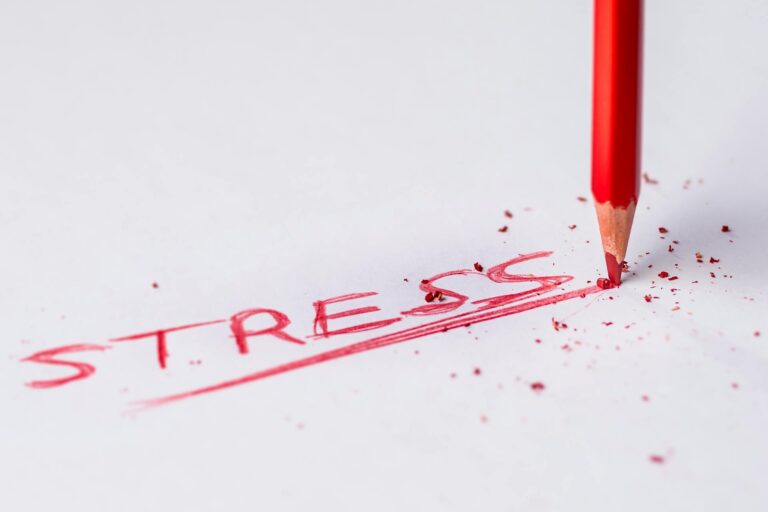
Stress Management: Road to Serenity and Success
As epitomized by the concept of “stress,” modern life now presents a ubiquitous experience in every individual’s life. It could be professional demands, it could be personal relations, or otherwise pressures from society; if not managed, stress may go on to play havoc in our mental and physical health. Yet with proper strategies, stress can be managed effectively, allowing for a degree of resilience and positive well-being.
Understanding Stress
Stress is one of the normal reactions our bodies develop to deal with issues-ofte referred to as a “fight or flight” response. Although short periods of stress stimulate us to work under pressure, chronic stress results in emotional burnout, anxiety, and many other more serious physical health problems including high blood pressure, sleep disorders, and weakening of the immune system.
Science of Stress Management
Its result is the activation of the body’s relaxation response. It eliminates stress-induced “fight or flight.” This is just one of the technologies that could be accomplished by multiple practices that can soothe the mind, decrease physiological arousal, and promote emotional balance.
Practical Stress Management Techniques
1. Mindfulness and Meditation
Mindfulness is being fully in the here and now, focusing on thoughts and feelings without judgment. Meditation is a major mindful practice-it calms the mind, reduces the levels of cortisol, the stress hormone, and improves emotional regulation. Just 10 minutes spent on this activity is enough.
2. Physical Activity
Exercise is proven to be a stress-relieving activity. Activities like walking, yoga, or aerobics will release endorphins-naturally uplifting your mood-and decrease the hormones associated with stress. Regular physical activity also improves sleep which further reduces stress.
3. Time Management
An organized schedule would help make the heavy burden of much to do less overwhelming. To experience a sense of fulfillment and control over your day, prioritize your tasks, set realistic goals, and try not to procrastinate.
4. Healthy Lifestyle Choices
Adequate nutrition is of utmost importance in stress management. A health-conscious diet with fruits, vegetables, lean proteins, and whole grain supports proper brain function and energy levels. Avoid excessive caffeine and alcohol as it tends to heighten the level of anxiety.
5. Deep Breathing Exercises
Controlled breathing exercises, for example, diaphragmatic breathing can almost immediately decrease tension by slowing down a heart rate and relieving pressure. Deep breathing practice can be developed through inhaling to the count of four, holding your breath at the count of four, and exhaling for six.
Role of PsychoSukha in Stress Management
We at PsychoSukha feel that it is a challenge not only to the individual but also to society as a whole. Our programs would therefore enable people to discover and learn better coping mechanisms over their stressors, as well as empower them to be resilient and emotionally balanced personalities who could take control of their own lives, making the journey to intellectual independence an emotionally fulfilling one.
Conclusion
Stress is inevitable, but it cannot control us. The proper application of optimal stress management techniques combined with professional guidance, when this is needed, makes it possible for people to navigate through life’s challenges clearly and calmly. Remembering that management of stress is not survival but a manner of thriving in a limitless world.
Let’s work together and replace stress by strength, problems by opportunities. Contact PsychoSukha today to kick-start your journey toward inner peace.
—
References:
Academic Journals and Articles
Journal of Stress and Health – Research on stress, coping mechanisms, and interventions.
Journal of Occupational Health Psychology – Workplace stress management strategies.
Journal of Psychosomatic Research – Links between psychological factors and physical health.
Clinical Psychology Review – Reviews on stress management techniques.
Books and Authors
The Relaxation Response by Dr. Herbert Benson – Mind-body techniques for stress reduction.
Why Zebras Don’t Get Ulcers by Robert M. Sapolsky – The science of stress and its impact on health.
Full Catastrophe Living by Jon Kabat-Zinn – Mindfulness-based stress reduction (MBSR).
Get a Consultation Right Now!
